
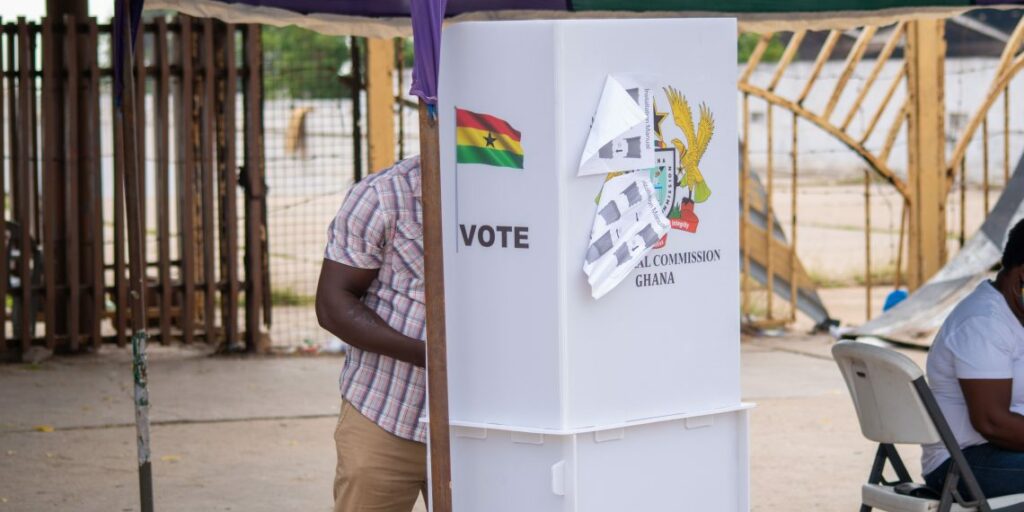
The Ledzokuku Constituency stands out as a significant case study in electoral volatility.
Despite the prominence of the two major parties, the National Democratic Congress (NDC) and the New Patriotic Party (NPP), neither has managed to secure more than two consecutive terms in the constituency.
This phenomenon raises important questions about the factors influencing electoral outcomes in Ledzokuku and offers insight into broader patterns of Ghanaian politics.
Ledzokuku is a constituency characterised by a diverse demographic and socio-economic profile.
Historically, the constituency has experienced shifts in political allegiance, reflecting broader national trends and exhibiting unique local dynamics.
The electorate in Ledzokuku is known for its critical and often unpredictable voting behaviour, which has been a key factor in the inability of the NDC or NPP to dominate for extended periods.
NDC stronghold (1992 - 2000)
In the initial years of the Fourth Republic, the NDC dominated the Ledzokuku constituency.
The NDC's appeal stemmed from its association with former military ruler Jerry John Rawlings, who became democratically elected president. In the 1992 elections, the NDC secured a decisive victory, a trend that continued in the 1996 elections.
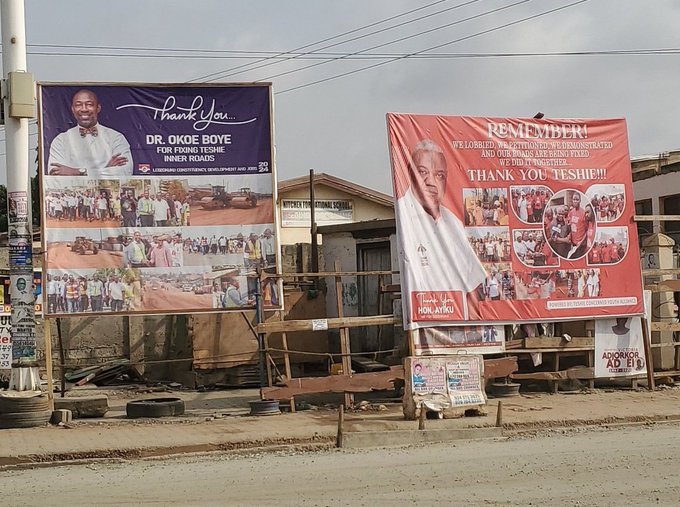
The NDC's stronghold in Ledzokuku during this period can be attributed to Rawlings' popularity and the party's grassroots mobilisation efforts.
The constituency, with its mix of urban and peri-urban communities, resonated with the NDC's message of social justice and development.
Shifts in the new millennium: Rise of the NPP (2000 - 2008)
The political landscape in Ledzokuku began to shift at the turn of the millennium. The New Patriotic Party (NPP), under the leadership of John Agyekum Kufuor, gained traction.
The 2000 elections marked a significant turning point as the NPP won the parliamentary seat, breaking the NDC's hold on the constituency.
This shift mirrored the national trend, where the NPP won the presidential elections, signalling a desire for change among Ghanaians.
The NPP's success in Ledzokuku was driven by a combination of factors, including disillusionment with the NDC's governance, effective campaigning by the NPP, and a growing middle class in the constituency that aligned with the NPP's economic policies.
Candidates to watch in 2024 elections
Benjamin Ayiku Narteh of the NDC is the incumbent MP seeking re-election. His supporters are confident, highlighting his achievements, particularly in health and education.
They believe that Ayiku Narteh is the candidate to break the constituency's one-term jinx.
Dr Bernard Okoe Boye, representing the NPP, is making a return to contest for the second time after being voted out in 2020.
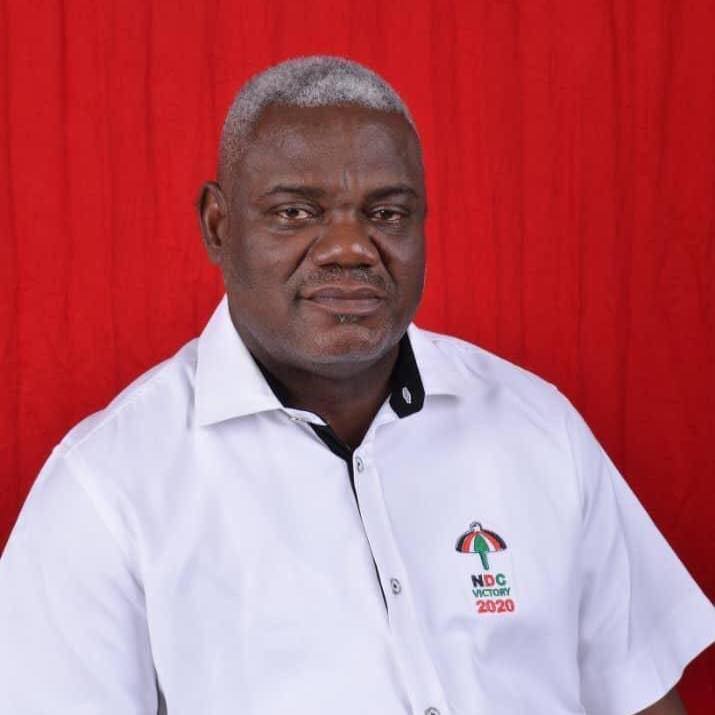
His supporters are seizing this opportunity to rally support and criticise their opponents in hopes of swaying voters.
Dr Okoe Boye has demonstrated exceptional leadership and dedication to our constituency during his previous term.
In 2020, Dr Okoe Boye lost to the NDC's Benjamin Ayiku Narteh by a narrow margin of about 1,800 votes.
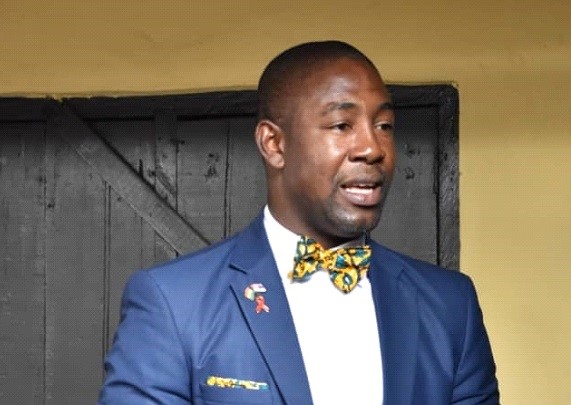
In 2024, he aims to reclaim his seat, emphasising his previous contributions to the community and outlining his vision for the future.
Battleground Constituency: Alternating dominance (2008 - 2020)
The subsequent years saw Ledzokuku evolve into a battleground constituency, with both the NDC and NPP alternately winning elections.
The 2008 elections were particularly competitive, with the NDC regaining the seat. This back-and-forth pattern continued, reflecting the national political climate's polarisation.
Political competition and candidate dynamics
One of the primary reasons for the two-term limitation is the intense political competition within the constituency.
Both the NDC and NPP have faced formidable challengers who have managed to leverage local issues and grievances to their advantage.
The candidates from these major parties often have to navigate a complex landscape of local politics, where personal connections, community engagement, and grassroots support play crucial roles.

2020 elections and current trends
The 2020 elections further underscored Ledzokuku's status as a swing constituency.
The NPP's Bernard Okoe Boye won the parliamentary seat, but the margin of victory was narrow, highlighting the constituency's competitive nature.
The NPP's campaign focused on healthcare improvements and infrastructure projects, resonating with voters concerned about local development.
Looking ahead, the voting pattern in Ledzokuku is likely to remain dynamic. The NDC and NPP continue to prioritise the constituency, recognising its strategic importance in national elections.
Emerging issues such as youth unemployment, urban development, and healthcare will likely shape voter preferences in future elections.
From an NDC stronghold to a fiercely contested battleground, Ledzokuku's electorate has demonstrated a willingness to shift allegiances based on changing socio-political dynamics.
The parliamentary elections in the Ledzokuku constituency promise to be one of the most closely watched races in the 2024 elections.
The outcome will be a significant indicator of the political mood in this critical swing constituency.
Read Full Story

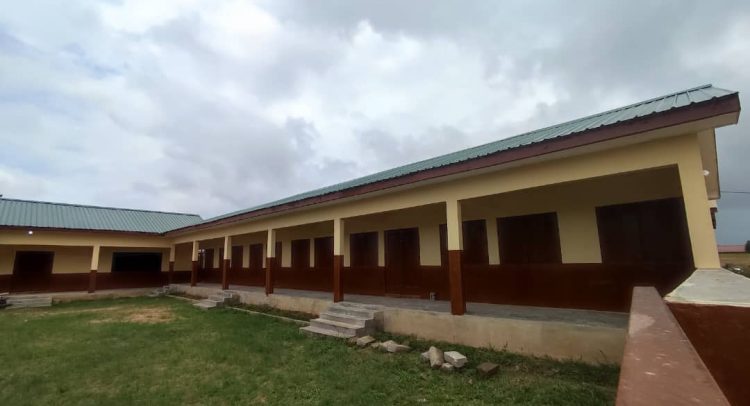


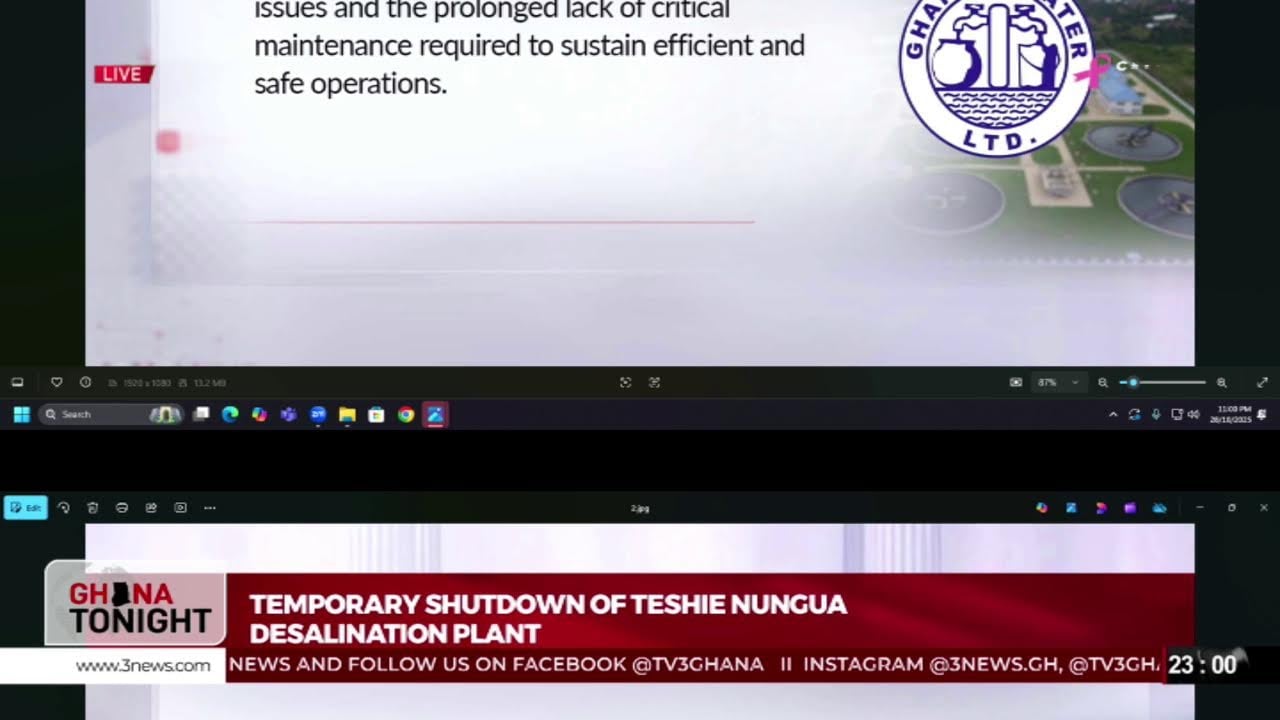

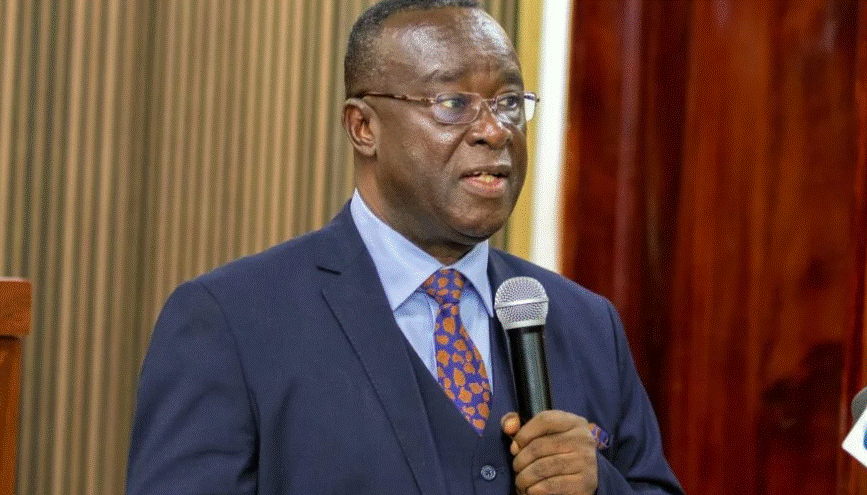

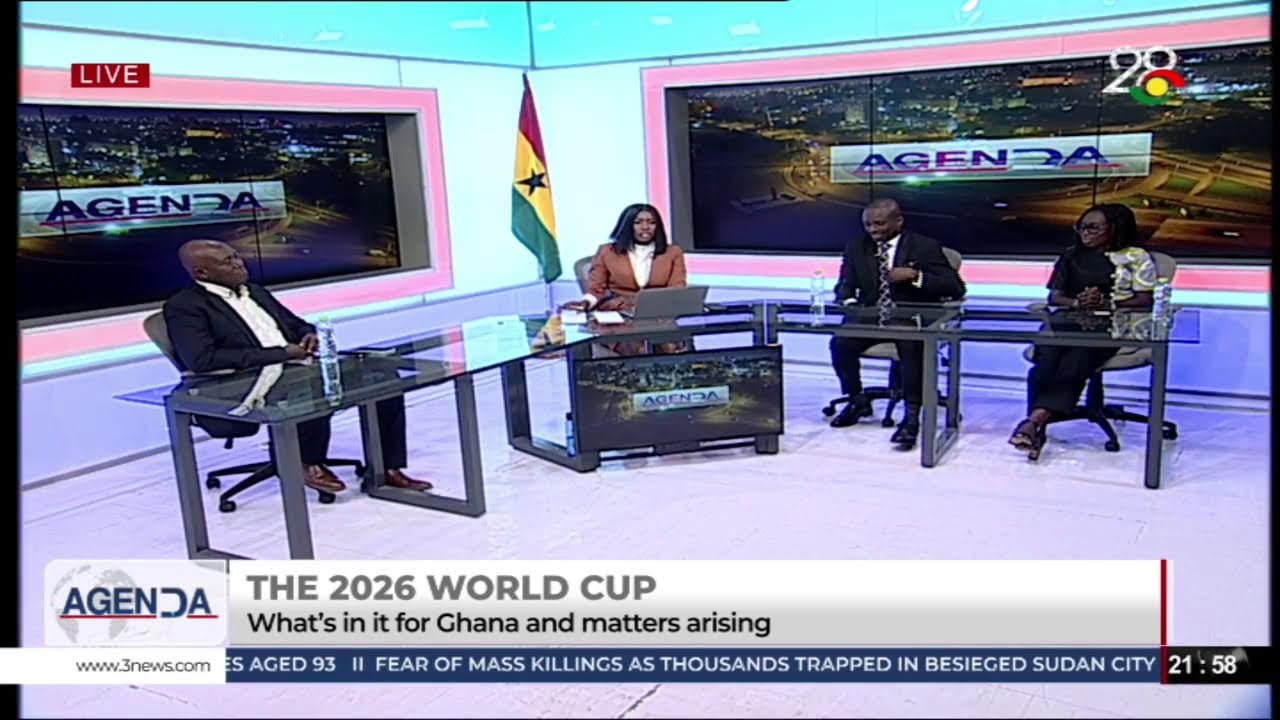

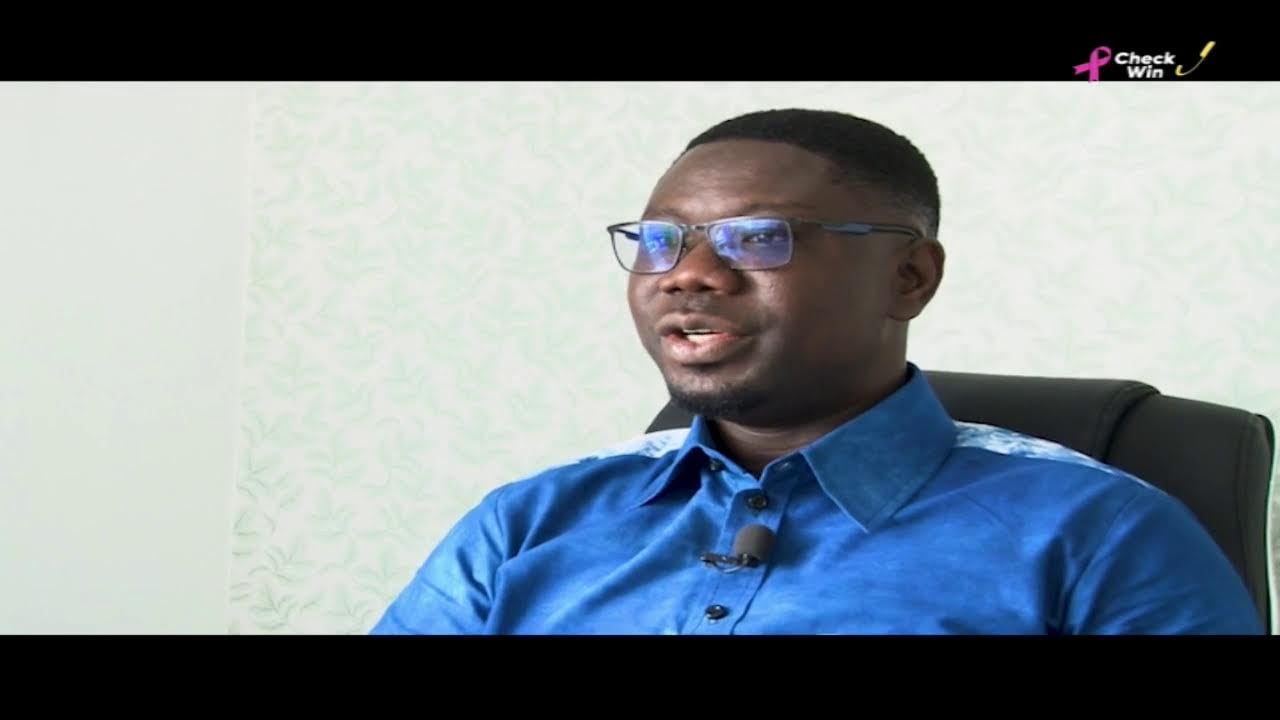
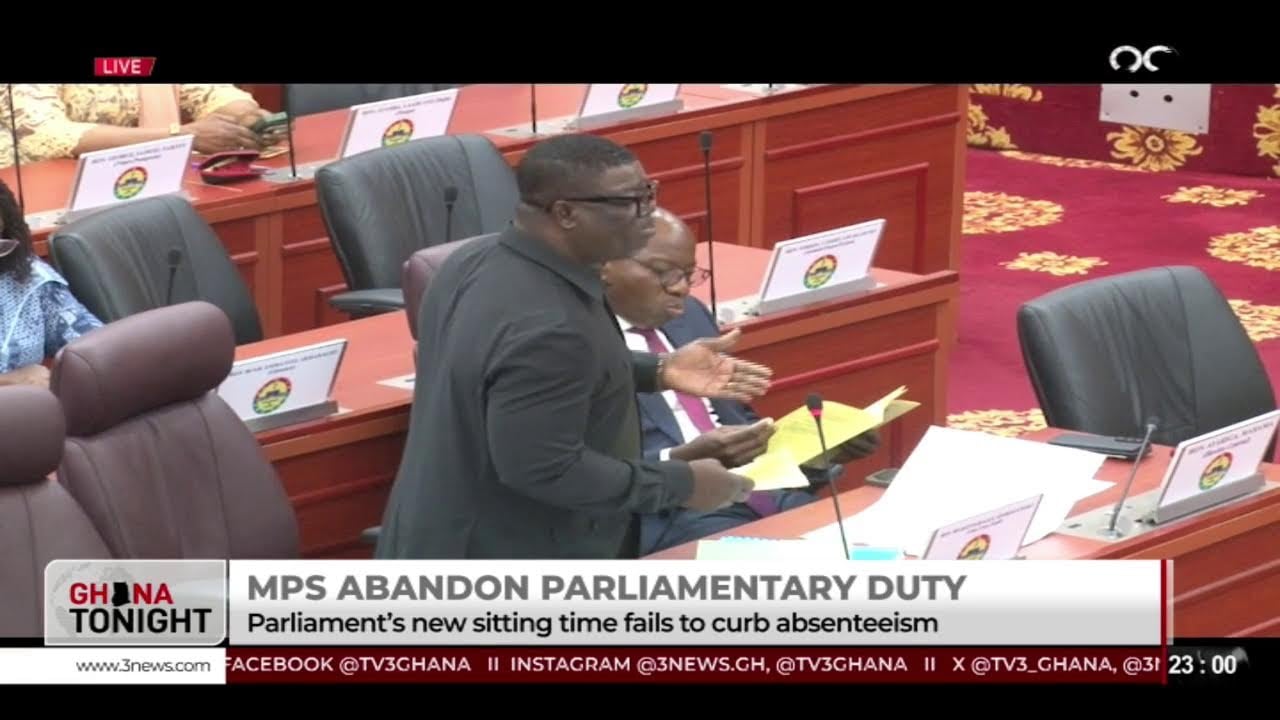










Facebook
Twitter
Pinterest
Instagram
Google+
YouTube
LinkedIn
RSS